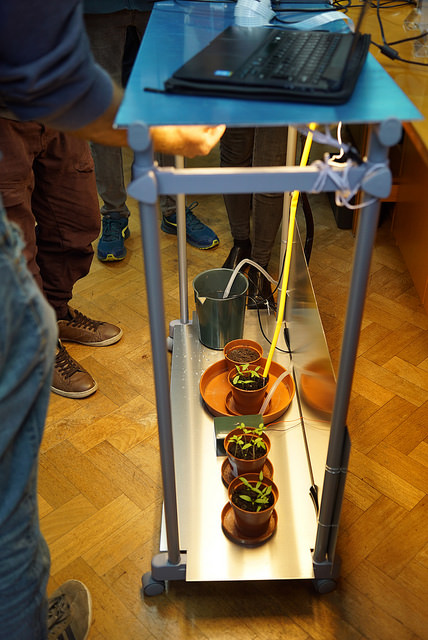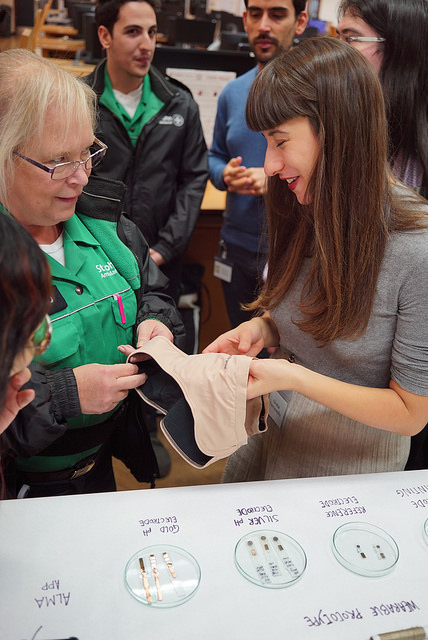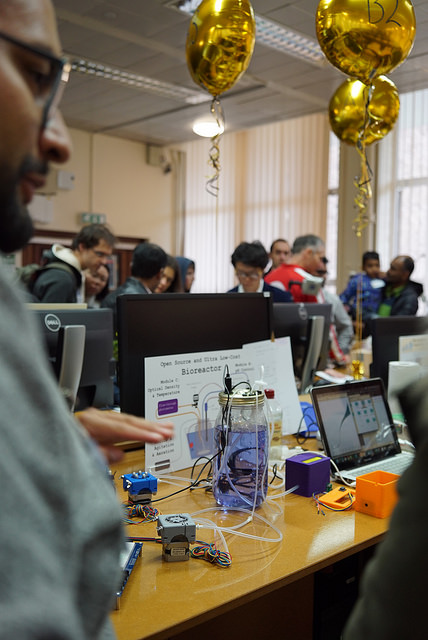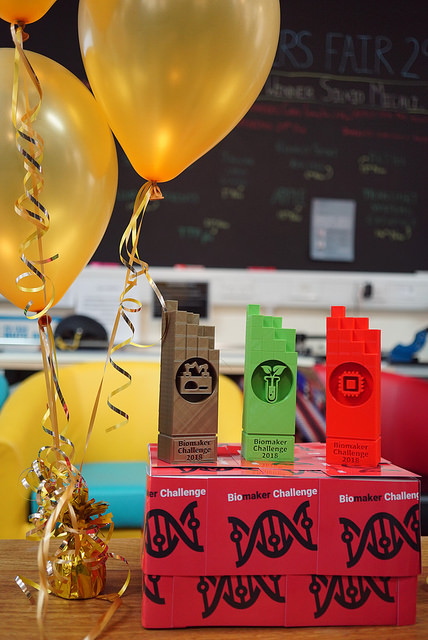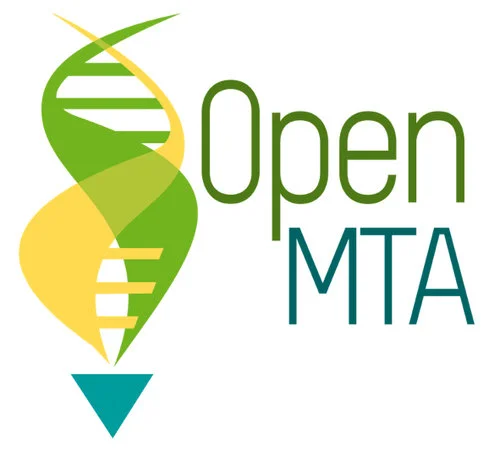Currently advertised is a post-doctoral position in the lab of Prof Rob Field at the John Innes Centre, in Enzymes for scalable carbohydrate synthesis.
Deadline for applications in 10 February 2019. For more information and to apply click here.
Main Purpose of the Job
Postdoctoral Researchers work with limited supervision to carry out individual and collaborative research projects relevant to the enzymatic synthesis of glycans, sugar nucleotides and sugar phosphates using chemical and enzymatic approaches.
Key Relationships
Internal: Line manager, group members and, as necessary, other researchers, research support staff and students across the Institute.
External: Collaborators at Keele, Manchester and Iceni Diagnostics
Main Activities & Responsibilities
Identify, plan, carry out and modify experiments to meet the objectives of the project
Prepare results, reports and manuscripts for publication in leading scientific journals and other relevant media
Disseminate research findings though presentations to various audiences at internal, national and international meetings
Collaborate with colleagues within the Institute in the development of original and world-class research, including contributing to research proposals and grant applications
Liaise with industry and other external stakeholders5Ensure research and record keeping is carried out in accordance with good practice, Scientific Integrity and in compliance with local policies and any legal requirements
Contribute to the smooth running of the group, including the effective use of resources, supervision of visitors to the laboratory and assisting with training others, encouraging scientific excellence
Continually strive for excellence, seeking out and acting on feedback and relevant learning and development opportunities
As agreed with the line manager, any other duties commensurate with the nature of the post, for example, contributing to the work of Institute committees

![[Closes 24 Nov 2107] Apply now to the OpenPlant Fund!](https://images.squarespace-cdn.com/content/v1/54a6bdb7e4b08424e69c93a1/1509564315902-TUO4I6QRWI9TT8UGSIAJ/OpenPlantTwitter_400x400+%281%29.jpg)

![[Closes 7 Mar 2017] OpenPlant Research Associate (Haseloff Lab)](https://images.squarespace-cdn.com/content/v1/54a6bdb7e4b08424e69c93a1/1486552818859-FH76MCA8SMFU93WB85RX/OpenPlantTwitter_400x400.jpg)










